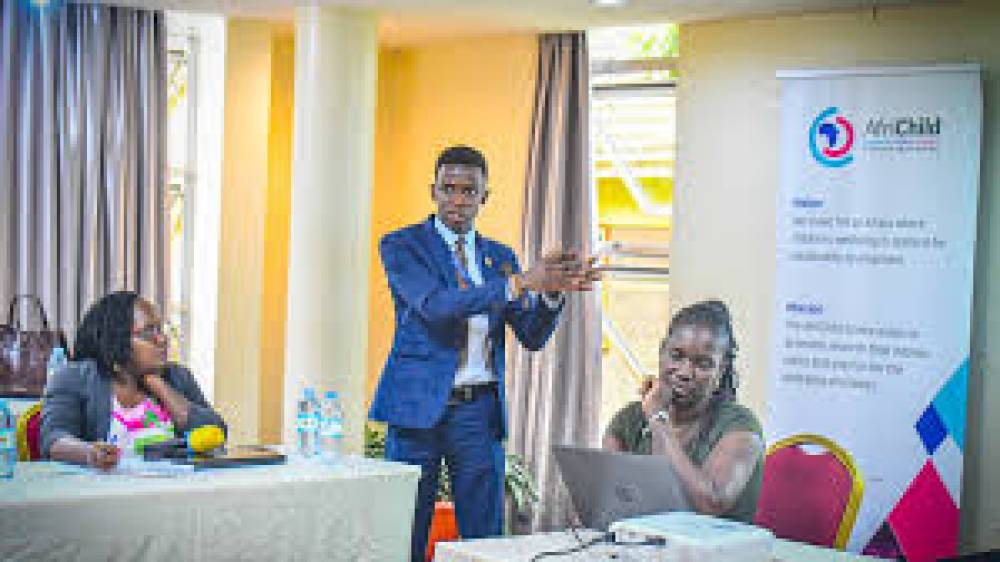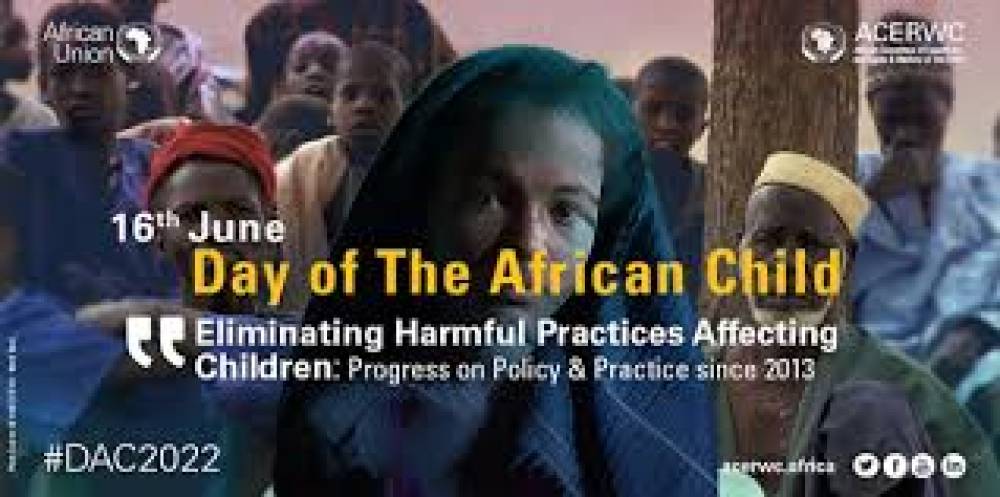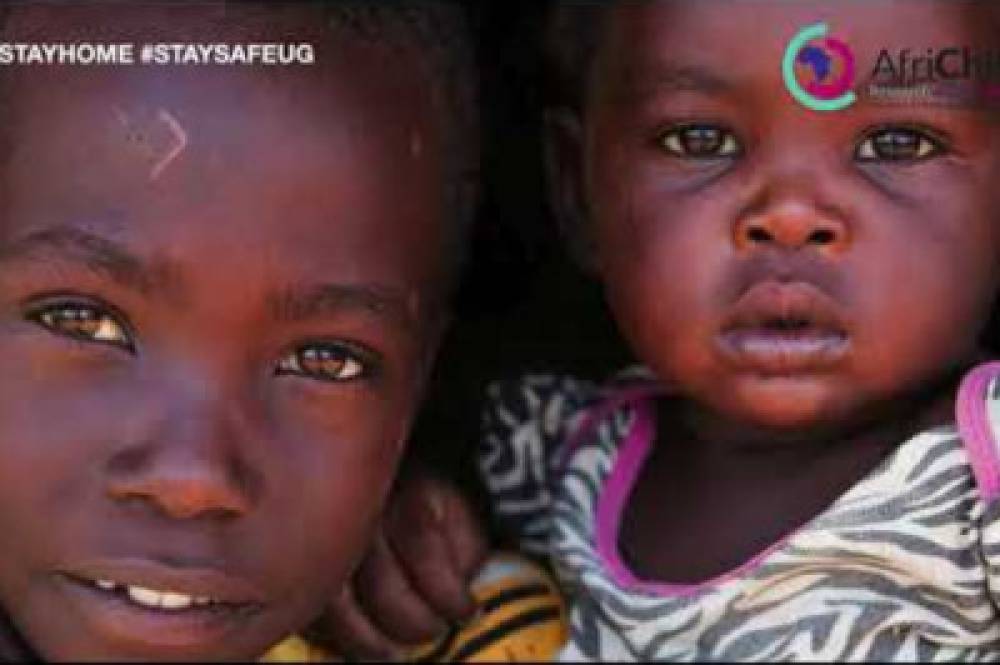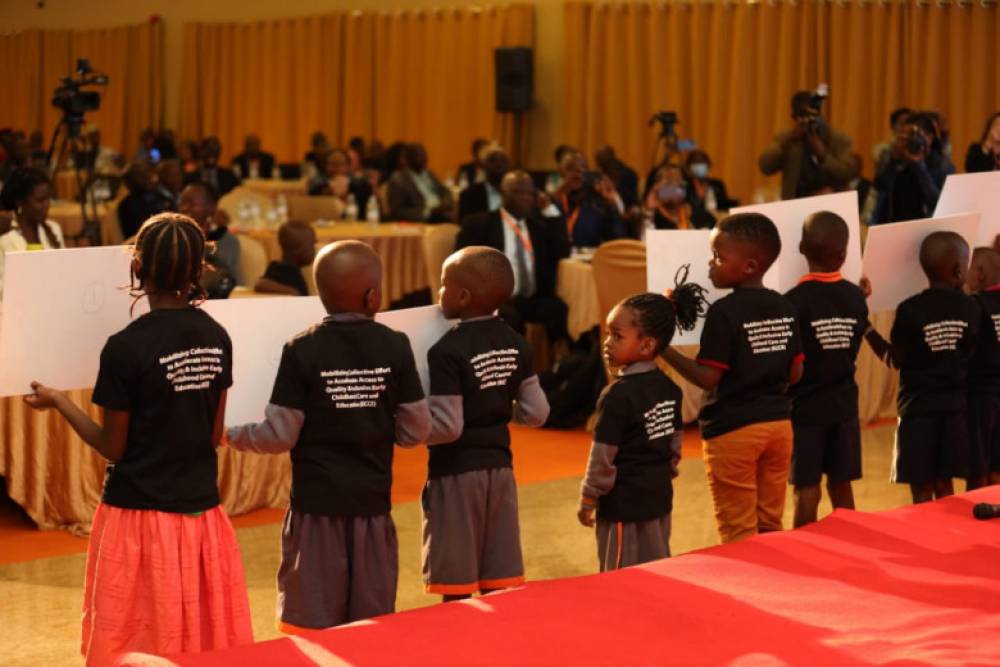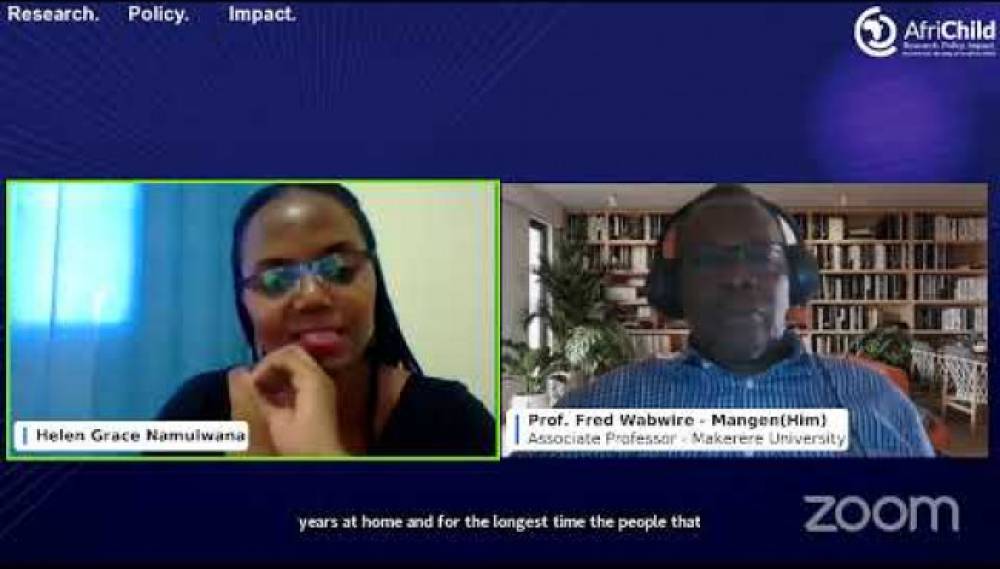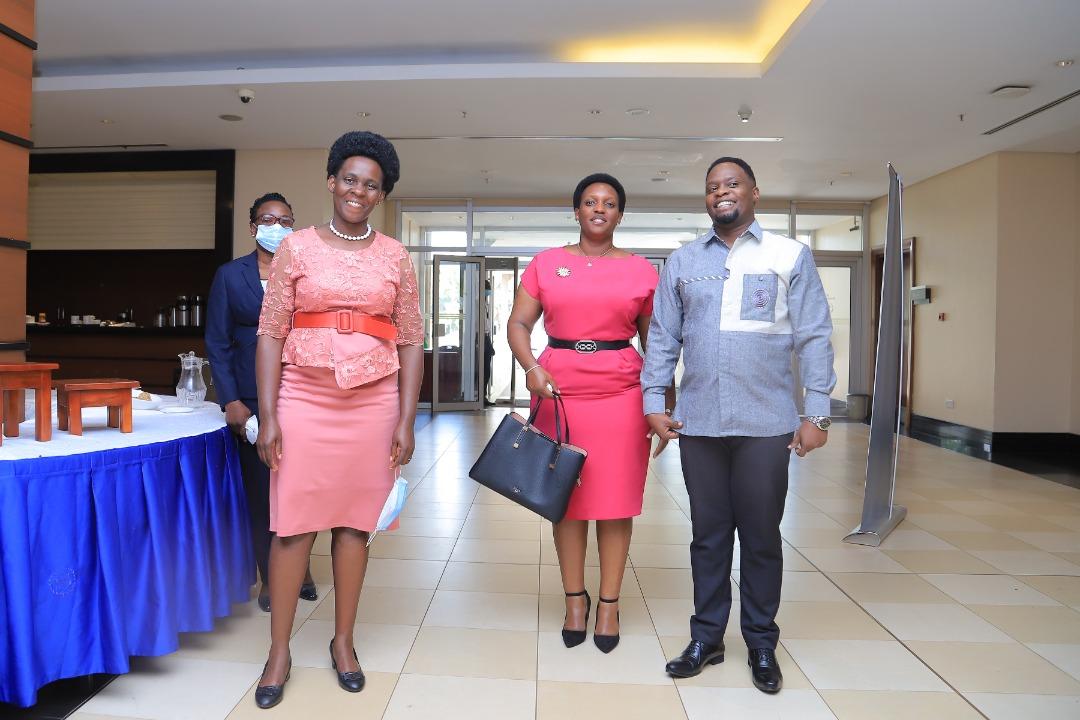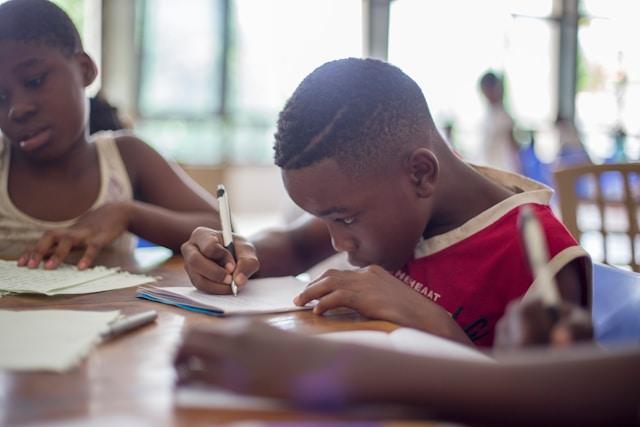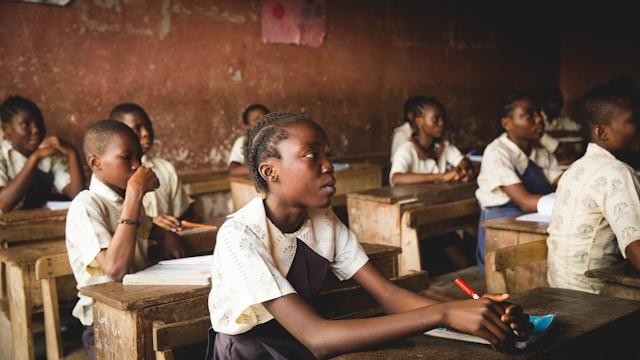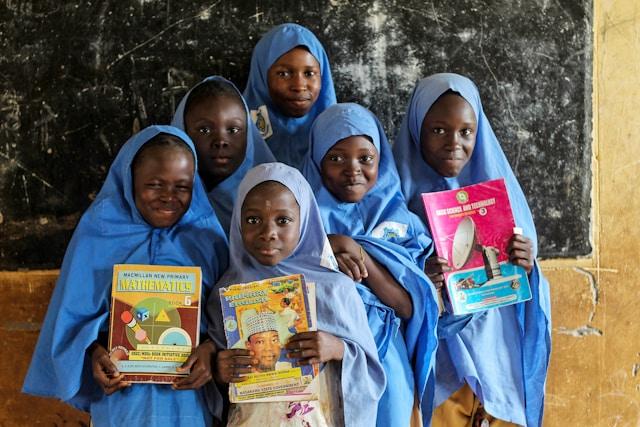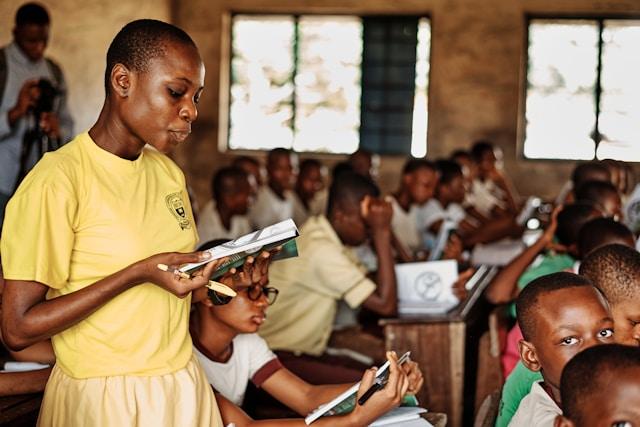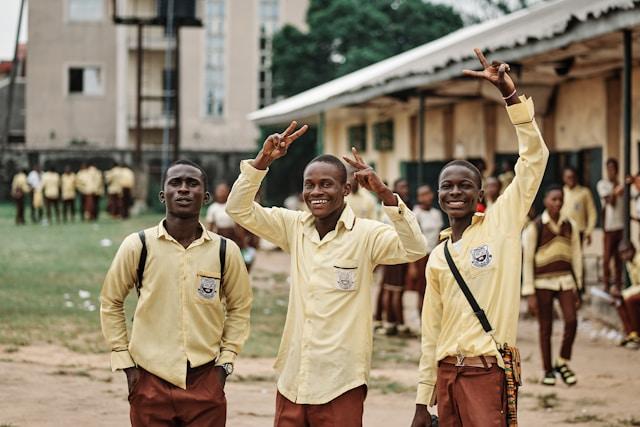Investing in ECD for Uganda's Future: A Collaborative Approach
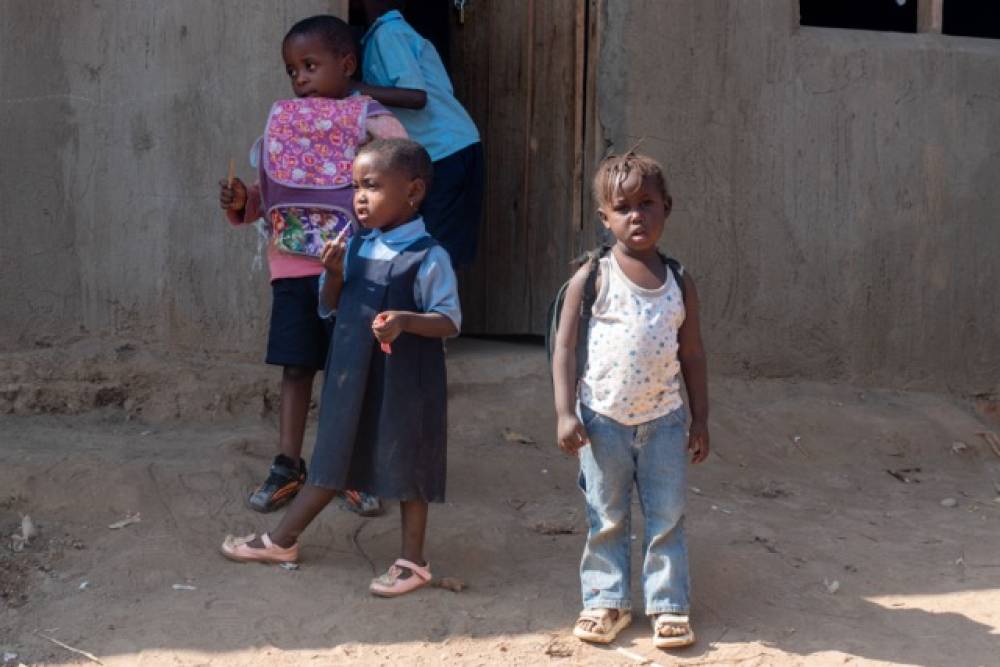
Investing in ECD for Uganda's Future: A Collaborative Approach
The early years of a child's life are critical to their general development. Not only do they create the groundwork for future learning and achievement, but they also have significant implications for the economy and society at large. Research has consistently demonstrated that investing in early childhood care and development (ECCD) can result in significant long-term advantages for both people and societies. However, Uganda, like many other nations, faces significant obstacles in ensuring that all children have access to quality Early Childhood Development services, particularly in humanitarian contexts and marginalized communities.
Uganda has a huge and fast-growing population, with more than half of its citizens under the age of 18. This demographic trend emphasizes the critical need for focused interventions to enhance the growth and future productivity of this young group. However, despite the country’s large population of young children, access to formal pre-primary education remains limited, with one out of every ten children aged 3-6 not receiving any type of early education.
In addition to access issues, there are variations in the quality of ECCD services, particularly between rural and urban refugee communities. Quality early childhood education is hampered by a lack of facilities, inadequate caregiver training, and insufficient funding. Furthermore, the high cost of private ECCD services further increases disparities, disproportionately impacting low-income families.
Recognising the significance of tackling these difficulties, the AfriChild Centre, in collaboration with the Norwegian Refugee Council (NRC), is leading a comprehensive ECCD and livelihoods project for urban refugees in Kampala and refugees in Kyangwali and Nakivale settlements in southwestern Uganda. This initiative adopts a multi-sectoral two-generational approach, bringing together key stakeholders at national, local, and community levels.
At the national level, the Ministry of Gender, Labor, and Social Development (MoGLSD) and the Ministry of Education and Sports (MoES) are providing leadership and guidance in the implementation of ECCD policies and frameworks. The project's goal is to give market-relevant skills training to youths through collaborations with vocational skills training institutes and local artisans, thereby increasing their employability and economic opportunities.
To ensure the sustainability of ECCD services, the project is fostering public-private partnerships with certified ECCD centres, health facilities, and teacher training institutions. The project aims to increase caregiver training and support while increasing access to excellent ECCD services through existing infrastructure and expertise. Then the strong collaboration with local governments and the Office of the Prime Minister (OPM) helps monitor and coordinate ECCD efforts in districts and communities.
By addressing systemic impediments to ECCD access and quality, this collaborative program aims to help Uganda's young people reach their full potential. Through targeted investments in early childhood development and livelihoods, the initiative not only enhances individual well-being and resilience but also helps to achieve broader socioeconomic development goals. Finally, by focusing on the early years, Uganda may create the framework for a stronger and more affluent future for generations to come.
Insights & Updates
Other related posts and resources
Training of Policymakers and P...
The PPURE training program is one of the Centre’s flagship programs. PPURE was initiated in 2018 to...
Read MoreDay of the African Child 2022
Supporting Children to Thrive Holistically - Emily Atieno (DAC2022) Explore how AfriChild Centre is...
Read MoreChild Labour: An Obstacle to E...
Child Labour: An Obstacle to Early Childhood Development Children constitute 60% (25.2 million) of...
Read MoreEarly Childhood Care and Educa...
We continue to leverage our collaboration with the government of the Republic of Uganda while making...
Read MoreChild-based Strategies in Addr...
Child-based Strategies in Addressing Child-to-Child Violence in Primary Schools Part of the AfriChi...
Read MoreInsights & Updates
Explore AfriChild's Knowledge Hub
EXPLORE OUR RESOURCES
Unlock a world of useful resources in our Knowlegde Hub
-
Call Us
-
Email
-

 #AfriChild
#AfriChild